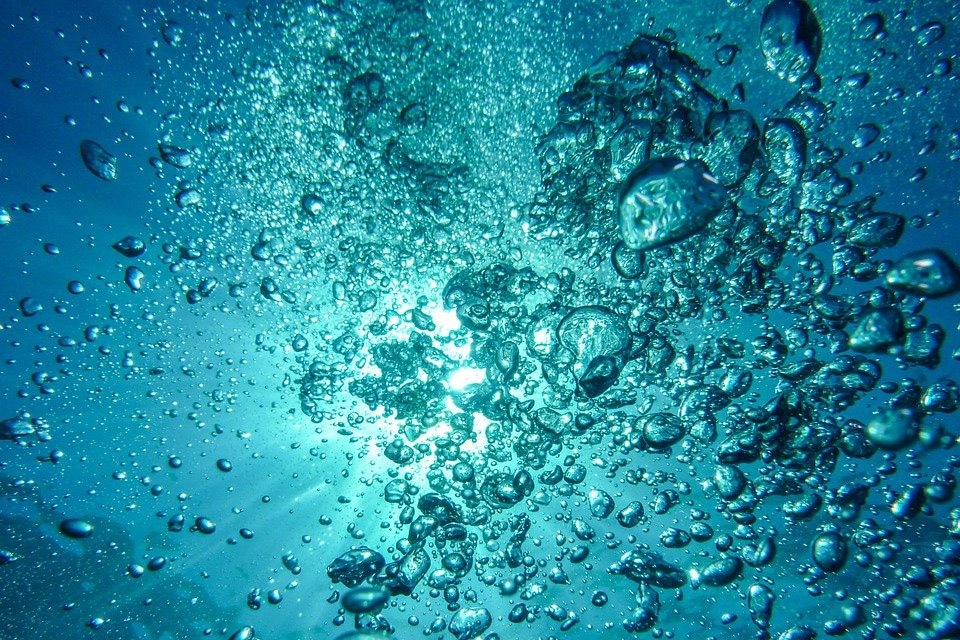
Contrary to popular belief, drinking too much water while under the influence of MDMA can be just as harmful, if not moreso, than not drinking enough water. While this seems counterintuitive, there are fascinating biochemical reasons why the human brain is susceptible to catastrophic swelling when someone is on MDMA and too much water is ingested. To gain insight on this important point of psychedelic harm reduction, we spoke with Dr. Gabriel Kearns, founder of Elevation Chemicals.
Thank you so much for speaking with us Gabriel. Can you shed some light on how too much water can be dangerous when taking MDMA?
Anyone who has ever been around people taking MDMA has probably heard others say: “Make sure you drink a lot of water!” At face value this seems like intuitively good advice, especially for those that have taken it and know the intense thirst and sweating that can come with the experience. I would like to take a moment to explain to you why chugging water while taking MDMA may be incredibly dangerous, and how it contributes to a significant number of the (rare) deaths that are associated with its use.
Before I cover exactly why MDMA and water ingestion can be dangerous, we need to cover a little bit of basic biology and physiology. The first concept is that water always moves to the compartment that has more electrolytes- or salt- in it. This is what’s known as osmosis, and in our body the way this works is when we drink water free of salt, it travels through our body looking for areas of higher salt concentration, and it swells those compartments. In our body, one of these compartments is our brain.
Under normal circumstances, when we drink a glass of water, it travels through our body, entering cells and compartments like our brain until our body reaches an equilibrium where there are no more areas for it to fill, and at that point we usually urinate out whatever volume of water our body doesn’t have any use for.
Now let’s talk about how MDMA affects this normal process. MDMA has two main ways it disrupts our body’s ability to handle excess water. Firstly, MDMA increases levels of a hormone known as ADH (antidiuretic hormone). This hormone does exactly what its name suggests, it inhibits the signal for our body to urinate out the excess water we don’t need. Secondly, MDMA increases our perception of thirst and raises our temperature, causing people to drink more water than they typically would otherwise.
So this sets the stage for how MDMA causes users to end up with extra water in their bodies. This coupled with the common misguided idea that users must drink lots of extra water during their session, sets the stage for some users to end up with a dangerous amount of water in their body that they can’t properly get rid of.
Interesting, so we’re told to drink extra water, and our body feels like it needs extra water, but then we can’t get rid of excess water? How does that become dangerous?
Under normal conditions our body tightly regulates the amount of free water in our body, so that we keep a very specific concentration of salt or sodium in the blood. This salt maintains our heart rate, our neuronal brain functions, and countless other important physiologic processes. So, any disruption in the level of salt in our blood, such as excess free water resulting in diluted sodium concentration, can disrupt our heart rate and disrupt brain signals causing seizures. If you have ever seen someone have a seizure during a MDMA session, this is one likely explanation for what may have caused it.
While seizures and cardiac arrhythmias are deadly on their own, the most feared complication from drinking too much water is swelling in the brain. I mentioned earlier how water likes to move to compartments that are high in salt, and one area of the body that is full of salt is the brain. As free water moves into the brain, it begins to swell. Normally this is a signal for the kidneys to get rid of excess water to stop the brain swelling, but in MDMA users, this normal hormone signaling is disrupted, meaning the user will continue to feel thirsty, without being able to urinate off the free water. As the brain swells, the skull begins to press against the tissue. If the user drinks enough water, the skull will run out of space for the brain to be able to move into, and it can begin to push out of the hole in the bottom that our spine comes through. At this point, it’s possible to internally decapitate yourself, resulting in immediate paralysis or death.
Jesus. Talk about a bad trip!
Thankfully this is an extremely rare worst-case scenario. Milder forms of brain swelling are much more common, and thankfully there are some simple things people can do to protect themselves from brain swelling and the side effects of MDMA induced hyponatremia.
First and foremost, take reasonable doses: There is a dose dependent effect of MDMA on hormone signaling, and higher doses are more likely to cause water retention. And of course, watch your friends and make sure they don’t chug water all night long. It should be noted that women are at higher risk for side effects related to water intake, because their estrogen naturally leads to water retention. One study estimated 75% of patients who were seen for MDMA induced hyponatremia in the hospital were women.
Lastly, when drinking fluids during a MDMA session, choose a beverage with salt in it over a glass of plain water. Drinks like Gatorade are perfect because they have added salt in them. Because of the added salt, the water inside will not diffuse into the brain, and instead it will stay in your blood vessels where you will retain it until it can eventually be urinated out.
We are very grateful to doctor Kearns for sharing this important harm reduction information about MDMA with us. You can visit his company Elevation Chemicals here that specializes in drug testing reagents which help identify adulterants in MDMA and other drugs.









